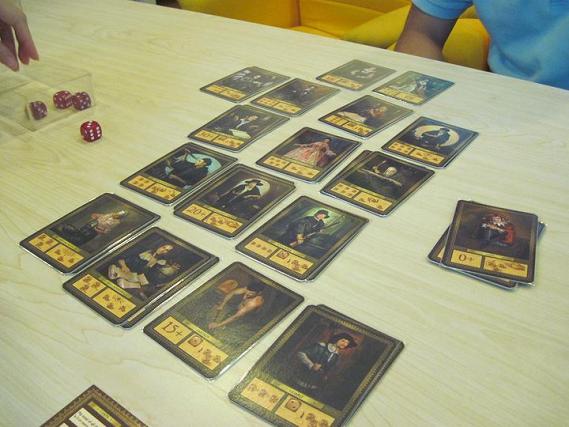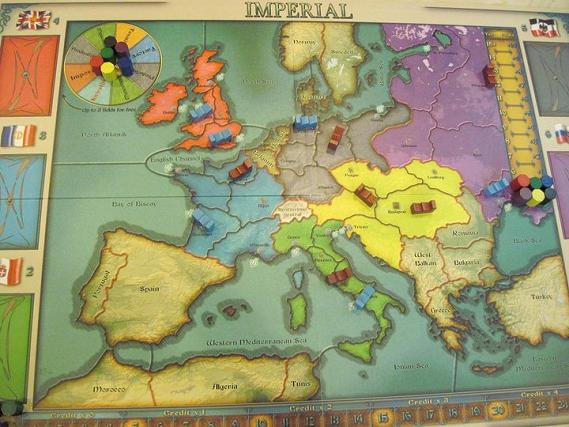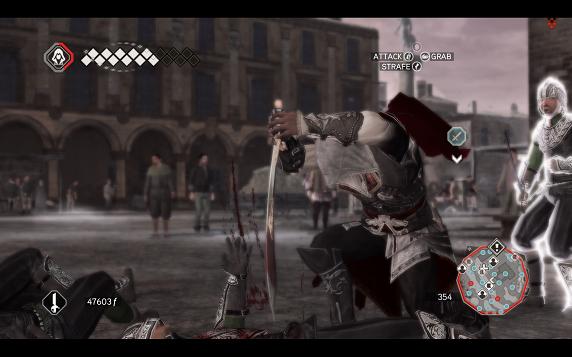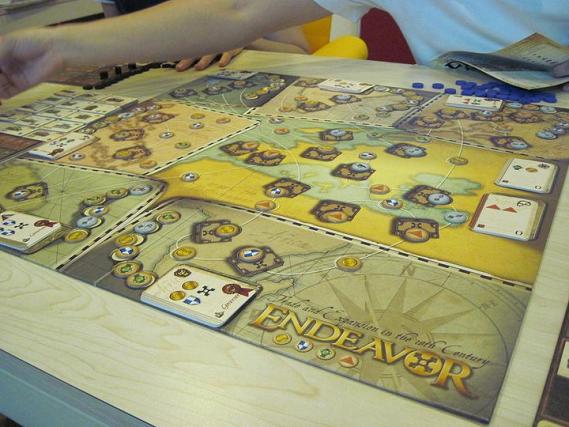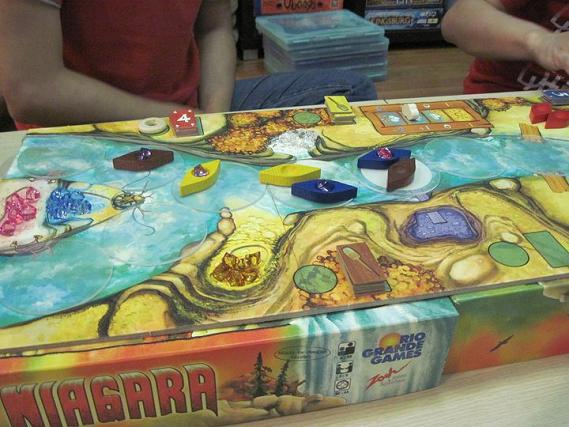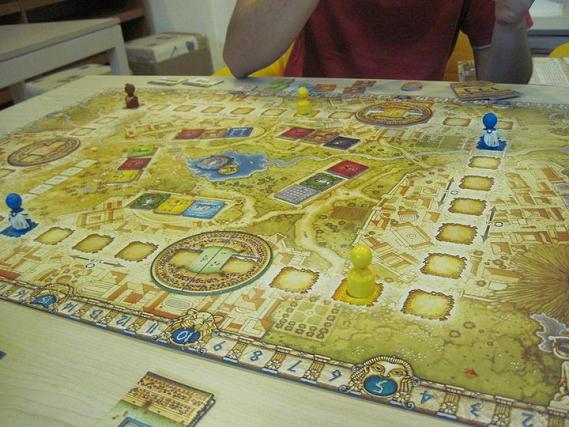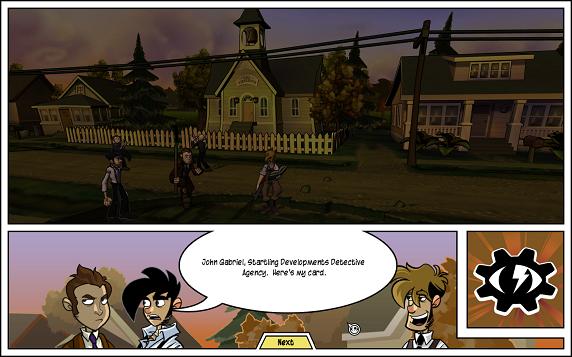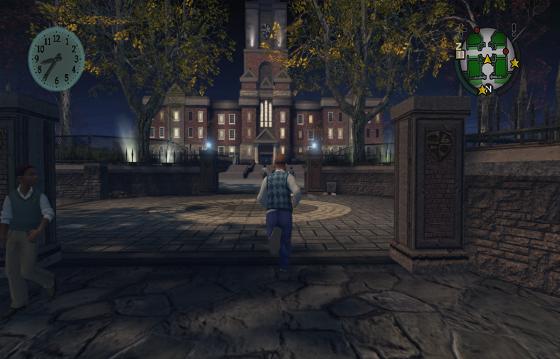
Bully took a long time to arrive on my computer but it was on my radar since it was first released. The original Playstation 2 version was released way back in 2006. The game was then upgraded to the Scholarship Edition for the Wii, the Xbox 360 and the PC in 2008. However, I was never able to find a retail copy of the game in Malaysia. Sometime after that it became available on Steam but was restricted for sale in North America only until I believe early this year which was when I finally bought it.
The lack of availability of the game probably has something to do with the controversial nature of a game allowing you to physically bully other students within the context of a high school. It also probably didn’t help that the ports were plagued by pretty serious bugs for a long time until they were patched. But for me the primary attraction was always the novelty value of playing the game set in a high school. After all, who doesn’t fantasize about going back to school to do the things you never dared to do.
